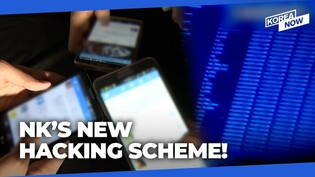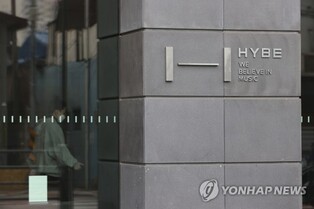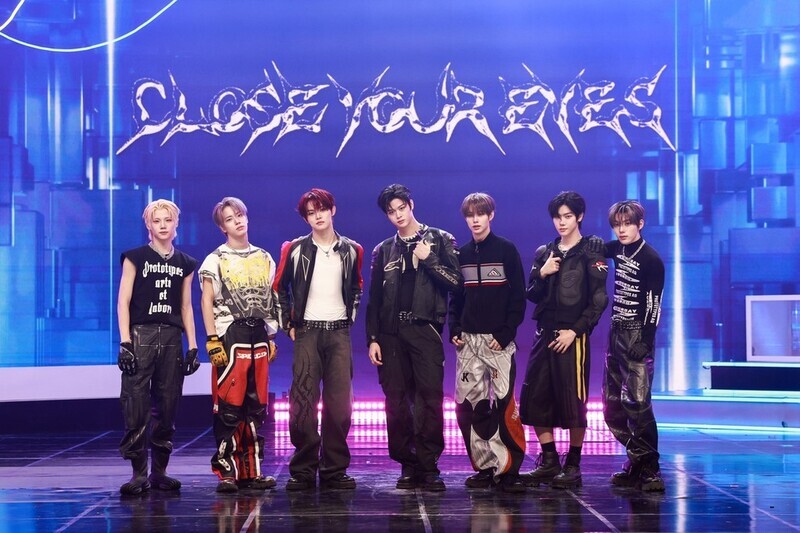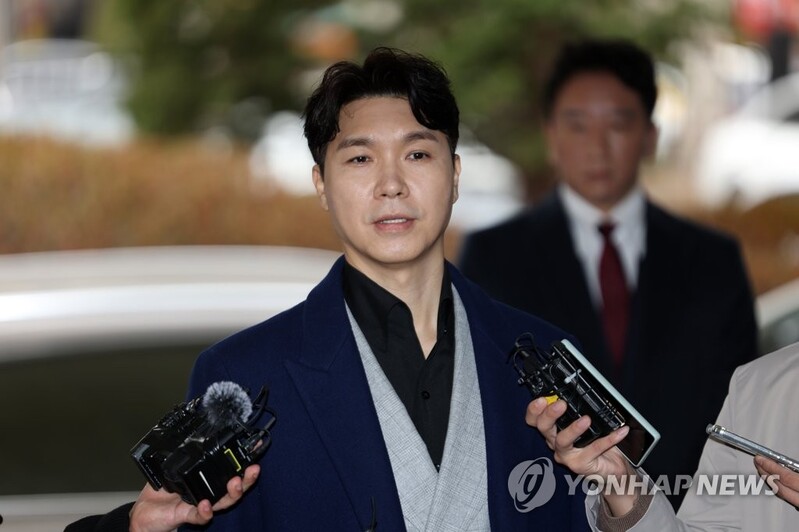dailies-editorials (2)
(EDITORIAL from Korea Times on April 17)
Crisis on another level
Not a week passes without more news ramping up tensions on the Korean Peninsula.
Last Thursday, North Korea test-fired a new, solid-fuel intercontinental ballistic missile (ICBM) called the Hwasong-18. In response, South Korea and the United States held joint air drills on Friday involving at least one B-52H strategic bomber.
It was the second time in little more than a week that the U.S. deployed its nuclear bomber to Korea. That's understandable, given that the North's new missile can strike the U.S. mainland more easily and quickly.
The solid-fuel ICBM, which is easier to hide and can be loaded within 30 minutes, can also neutralize the South's triaxial response system that is based on detection, interception and massive retaliation suited for liquid-fuel missiles. "We will throw our enemies in extreme anxiety and fear with aggressive and fatal responses," Kim Jong-un said after the launch.
Kim's latest threat came a week after Pyongyang stopped answering the inter-Korean military hotline. The North Korean leader was also seen giving orders to his military generals while pointing to the greater Seoul area on a map. These moves are aimed at increasing tensions to another level and will lead to the test-firing of ICBMs at a "normal angle" and/or the country's seventh nuclear test.
North Korea must stop here.
International political watchers say the next theater of a hot war, in what increasingly seems like a second Cold War, will be the Taiwan Strait or the Korean Peninsula. It is anybody's guess. However, one thing is clear: The destruction and damage on this peninsula will be incomparable. And such wars of irreparable annihilation can be started with one slight misunderstanding or misjudgment. Countries having nuclear weapons tend to regard limited conflicts lightly, but local warfare develops into all-out war in no time at all.
The danger with the current escalation of tension here is that there are no mediators. In the first North Korean nuclear crisis of 1994, ex-U.S. President Jimmy Carter played a critical role by meeting North Korean founder Kim Il-sung. Liberal governments in South Korea have since struggled with the U.S. neocons under George W. Bush in the early 2000s and Donald Trump until a few years ago to prevent military conflicts and maintain peace. Right now, the U.S.' interests have almost left Korea to focus on China, and the government in Seoul is as hardline as the U.S. neocons.
President Yoon Suk Yeol, a prosecutor until a year before he jumped into politics, knows little about complicated international politics. His national security team, effectively led by Kim Tae-hyo, a U.S.-educated ideologue and Japanophile, is an inter-Korean hawk. Kim was the main architect of former President Lee Myung-bak's policy to "increase the North's per capita income to $3,000 if it denuclearizes and opens up." North Korea showed no response to this. Kim has since repackaged it as Yoon's so-called "audacious initiative." Pyongyang vows not to deal with the South while Yoon is in office.
There seems to be no way out for now.
Yoon's state visit to the U.S. will come against this backdrop. President Joe Biden, who has inherited his former boss Barack Obama's strategic patience strategy of ignoring Pyongyang, will receive Yoon warmly for his near-blind adherence to the U.S. and the ongoing controversy over the surveillance of Korean officials.
For instance, Biden may offer a more robust extended deterrence, considering Yoon's plunging domestic popularity due mainly to his diplomatic bungling of key issues. Or the U.S. leader may ease economic pressure somewhat to allow Korean semiconductor makers to invest in China for a little longer.
Koreans can and should never allow their divided peninsula to become the arena of another proxy war. Citizens, led by diplomatic and security experts transcending political and ideological differences, need to initiate an anti-war and pro-peace drive to change Yoon's diplomatic policy, including that for the inter-Korean relationship.
Otherwise, Koreans will have to keep their fingers crossed for starving North Koreans to revolt against Kim Jong-un or, for Trump, as he reminisced recently, to be reelected and finish his deal with Kim.
(END)
(C) Yonhap News Agency. All Rights Reserved


































